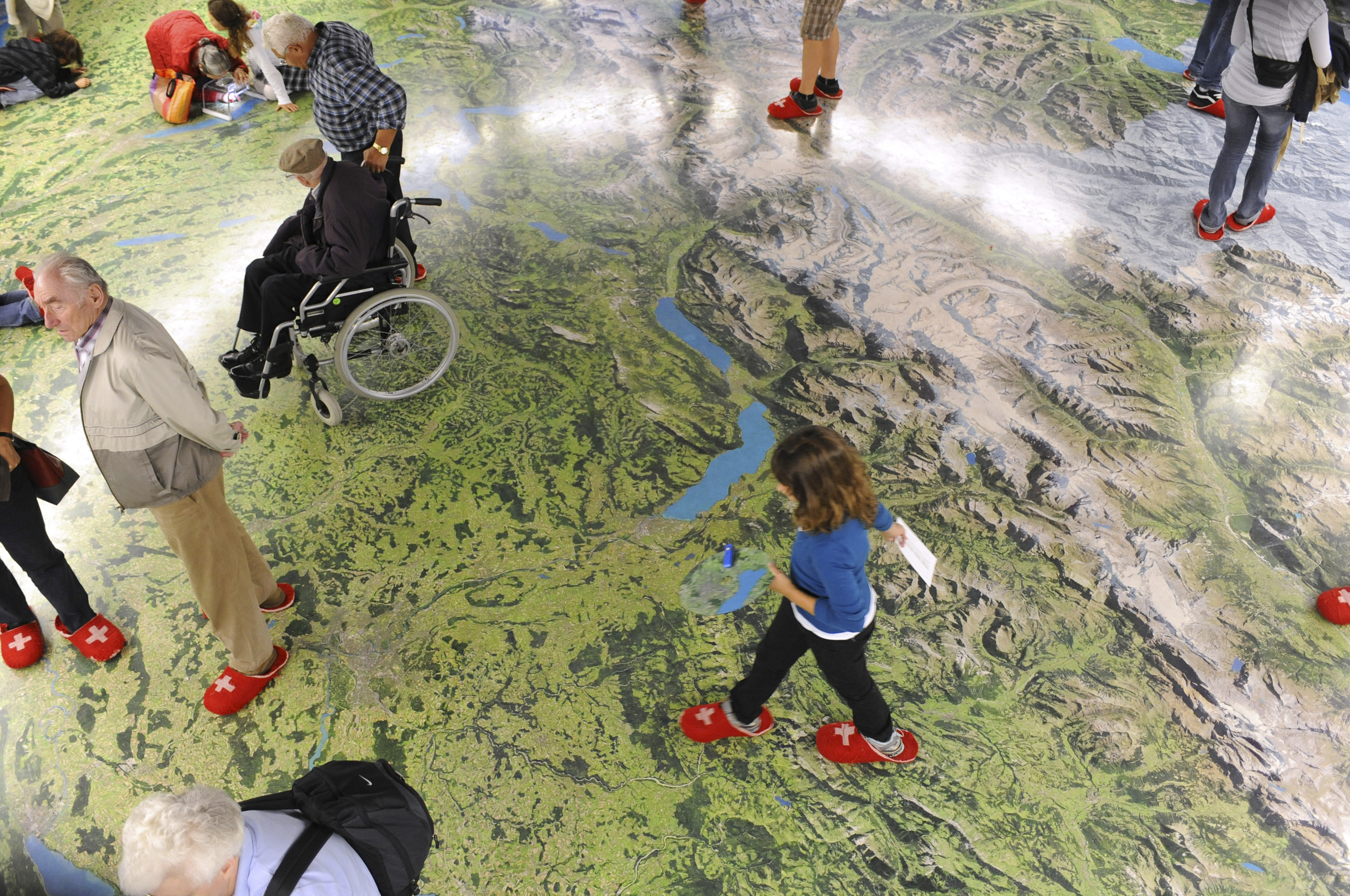Swiss limit immigration from Bulgaria/Romania

Switzerland has slapped quotas on the number of immigrant workers from Romania and Bulgaria to quell a surge in numbers since borders fully opened to the two countries last year.
Temporary restrictions on workers from these countries are allowed under the terms of the Swiss-EU bilateral agreement. But the move comes at a time of heightened tensions between Switzerland and the EU over the free movement of people.
On Wednesday, the Swiss cabinet said it would limit B permit visas to Romanian and Bulgarian workers to 996 over the next 12 months. The reason given was that net migration from these two countries doubled to 3,300 last year, which went against a general trend of declining immigration from the EU as a whole.
The Swiss cabinet was particularly concerned that a high proportion of workers took on seasonal work with above-average unemployment rates. This could result in immigrants working for short periods and then drawing unemployment benefits for the remainder of their stay.
Since 2009, Switzerland has gradually lifted restrictions on the movement of workers from the two EU member states. Free movement came fully into force on June 1, 2016External link – with a safeguard clause that temporary restrictions can be introduced under certain conditions until 2019.
Swiss-EU relations have been strained ever since a 2014 referendum to introduce quotas on immigrants to Switzerland. The vote was directly contrary to the free movement of people bilateral agreement with the EU.
Parliament has agreed on a ‘lite’ version of the 2014 referendum demands, which avoid direct quotas but push in new regulations to favour Swiss workers applying for new positions. This appears to have appeased the EU, but Swiss critics have labelled the compromise as a flagrant violation of voters’ wishes and have threatened to challenge it with a fresh referendum.

In compliance with the JTI standards
More: SWI swissinfo.ch certified by the Journalism Trust Initiative













You can find an overview of ongoing debates with our journalists here . Please join us!
If you want to start a conversation about a topic raised in this article or want to report factual errors, email us at english@swissinfo.ch.